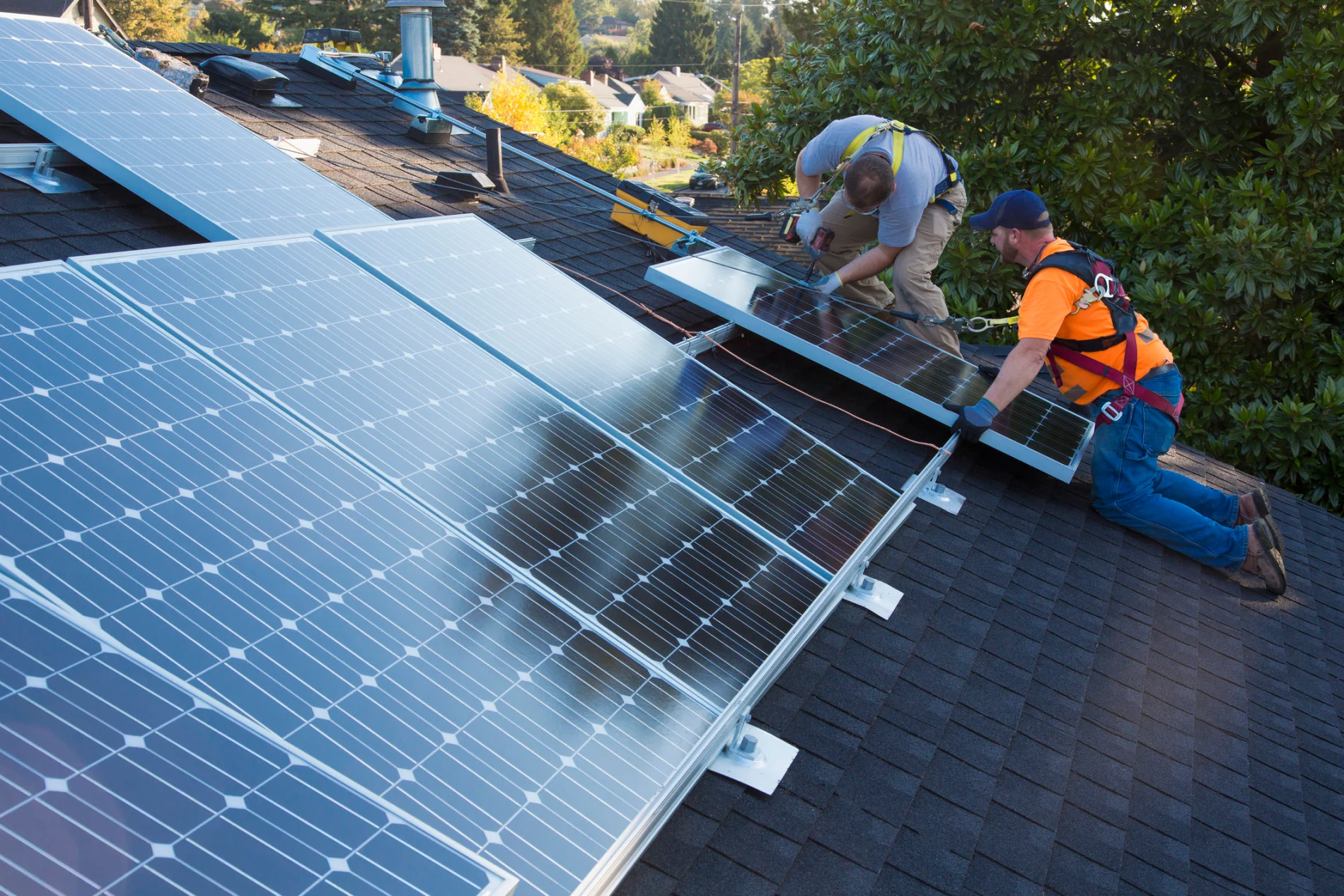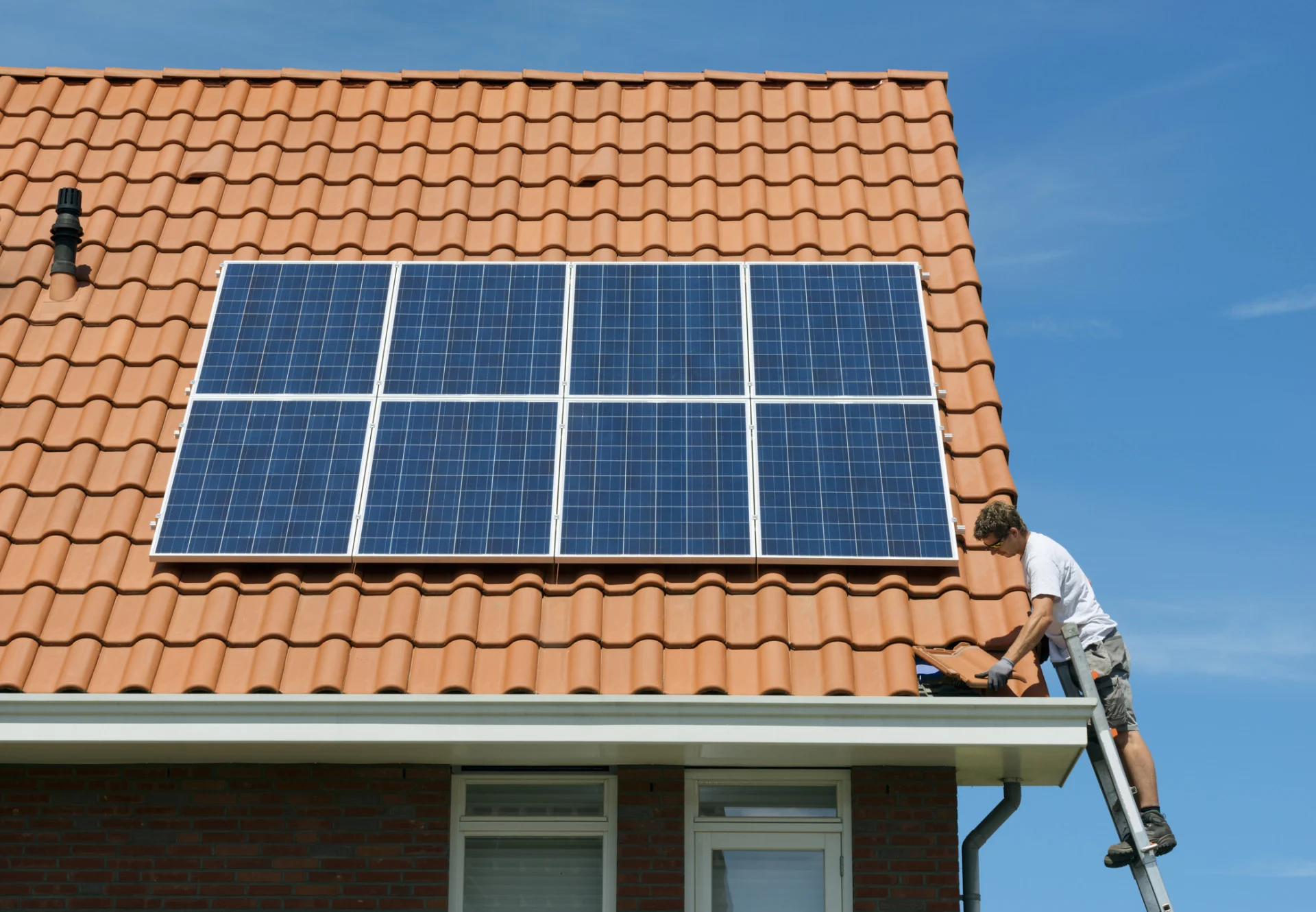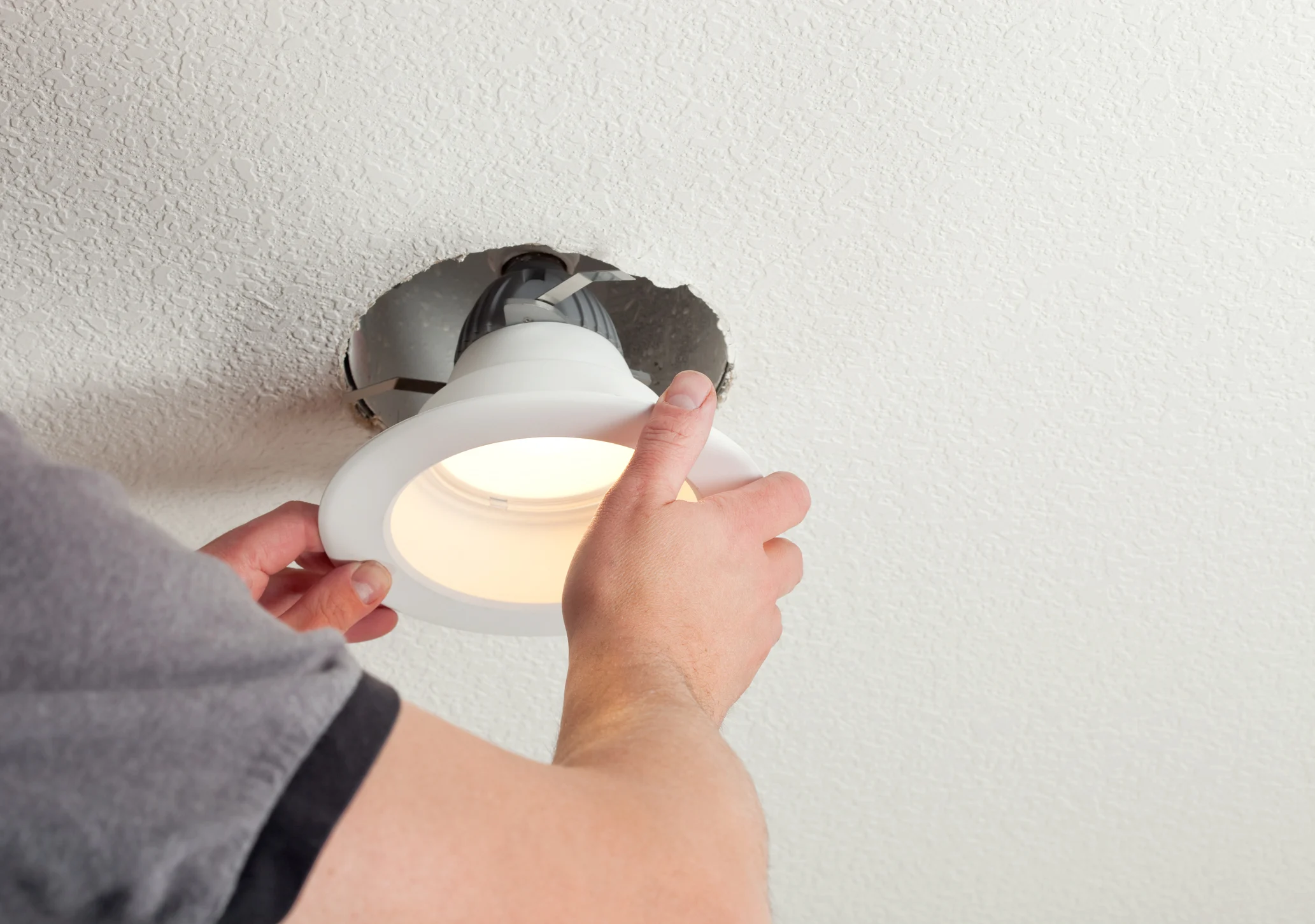
Federal program will pay you thousands for a more energy-efficient home
Retrofits will need to be evaluated after completion by certified energy advisors in order to be reimbursed for the costs.
Canadian homeowners will be able to receive grants up to $5,000 to improve the energy efficiency of their homes and reduce energy bills. The new Canada Greener Homes Grant program also includes up to $600 to help with the cost of home energy evaluations.
Homes and buildings account for 18 per cent of Canada’s carbon emissions and needs to be substantially reduced for Canada to meet it’s new climate target of 40 to 45 per cent carbon emission reduction by 2030.
“Improving the energy efficiency of our homes not only cuts down on pollution, it also creates new jobs, economic growth, and a cleaner future for everyone,” said Prime Minister Justin Trudeau at the program launch on May 27.
Eligible home improvements and upgrades include:
improving heating and cooling systems — such as with heat pumps
purchasing renewable energy systems like solar panels
replacing windows and doors
adding insulation
sealing air leaks
Even retrofits that help protect homes from weather events such as floods, wind damage, and power outages may also be eligible
“It’s a modest program and very similar to past energy efficiency grant programs,” said Nic Rivers, Canada Research Chair in Climate and Energy Policy at the University of Ottawa. Carbon reductions will be modest as well, between five and 10 per cent per home based on previous programs Rivers said in an interview.
“People really want to do something for the climate so there will be interest.”

A worker installing solar panels on the roof of a new home. (Mischa Keijser. Cultura. Getty Images)
A variety of homes are eligible but the program is limited to 700,000 homes. Retrofits will need to be evaluated after completion by certified energy advisors in order to be reimbursed for the costs. To meet the expected demand up to 2,000 new energy advisor jobs will be created across the country.
“It’s good to see the federal government is finally back in the game of helping Canadians improve their energy efficiency,” Brendan Haley, Policy Director at Efficiency Canada, a non-partisan organization based at Carleton University, who wants Canada to be a global leader in energy efficiency.
Haley told The Weather Network that energy retrofits offer triple benefits: They reduce carbon emissions and make homes more comfortable to live in while saving homeowners money.
The Greener Home program has a big gap by leaving out low-income Canadians who are unlikely to be able to pay for retrofits upfront or be able to get a home renovation loan. The second part of the Federal government’s program involves interest-free loans for up to $40,000. Haley hopes there will be something for low-income families when that program launches this summer.

A person installing a LED retrofit bulb into a ceiling fixture. (BanksPhotos. E+. Getty Images)
Switching heating fuels from gas and oil to electricity can substantially cut carbon emissions. About 82 per cent of Canada’s electricity production is from non-carbon emitting sources like hydro, wind, and nuclear power. That’s where installing an electric heat pump can make a big difference, says Haley.
THE NEED TO KNOW ON HEAT PUMPS
Advances in electric air-source heat pumps mean they can very efficiently provide cooling and heating even when it is -20°C outside. Like a refrigerator operating in reverse, heat pumps absorb warmth from outdoor air and transfer it inside your home. For cooling, heat pumps draw the heat out of your home. New air-source heat pumps can reduce energy consumption by 40 to 50 per cent and dehumidify better than standard central air conditioners.
Getting the right-sized heat pump and a home that’s well-insulated can mean your furnace will rarely switch on, says Haley. And unlike an energy retrofit, it can be done in as little time as an afternoon.
With homes and buildings amounting to 18 per cent of Canada’s emissions deep energy retrofits will be needed to cut that total in half.
If Canada is going to reach its ultimate goal of net zero carbon emissions by 2050, then it requires an industry and the technology to be able to do deep energy retrofits more easily and effectively and at a reasonable cost.
“We need to be inspired and set deep energy retrofits as a national goal,” Haley said.
Thumbnail credit: Blend Images - Don Mason. Getty Images











